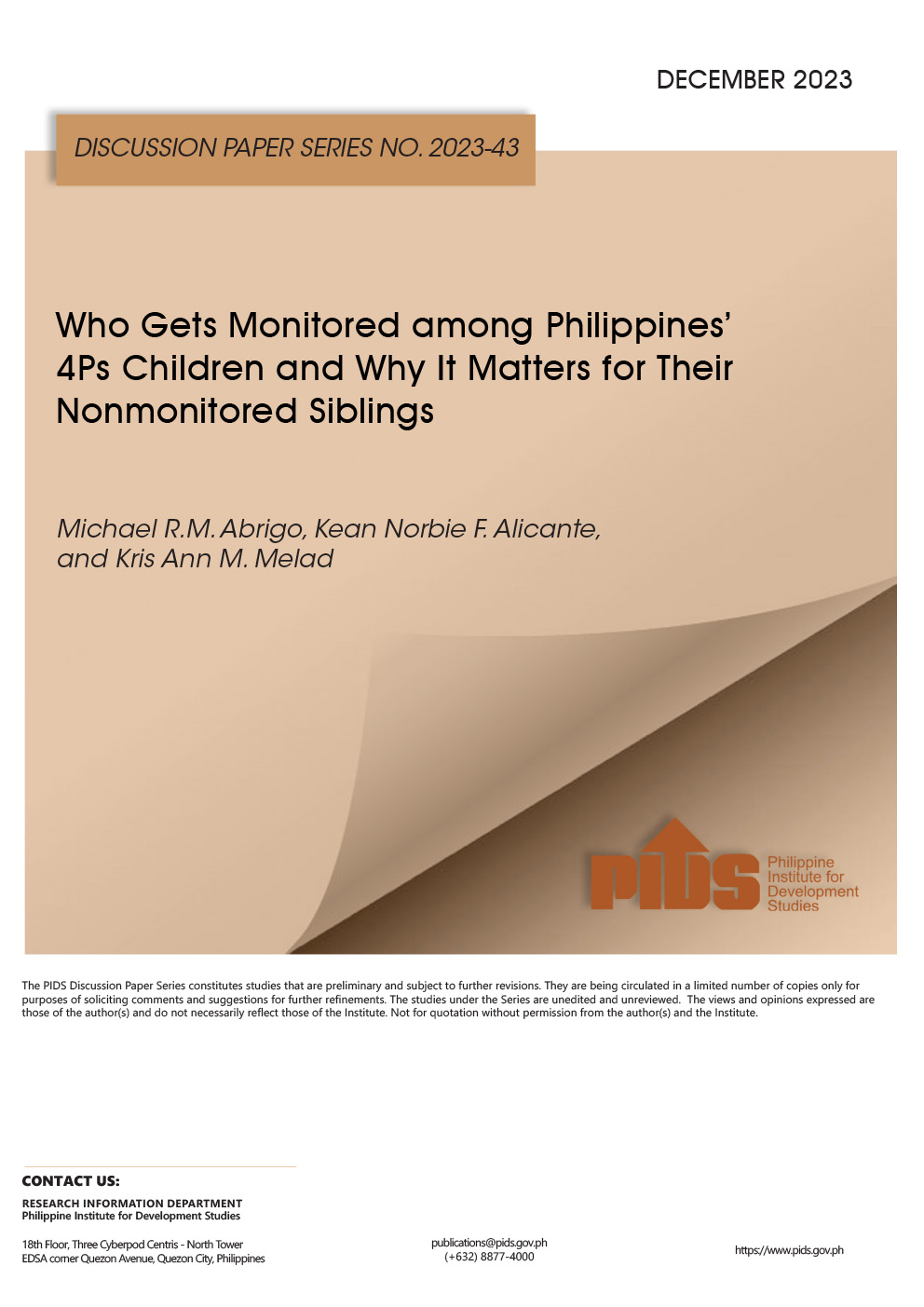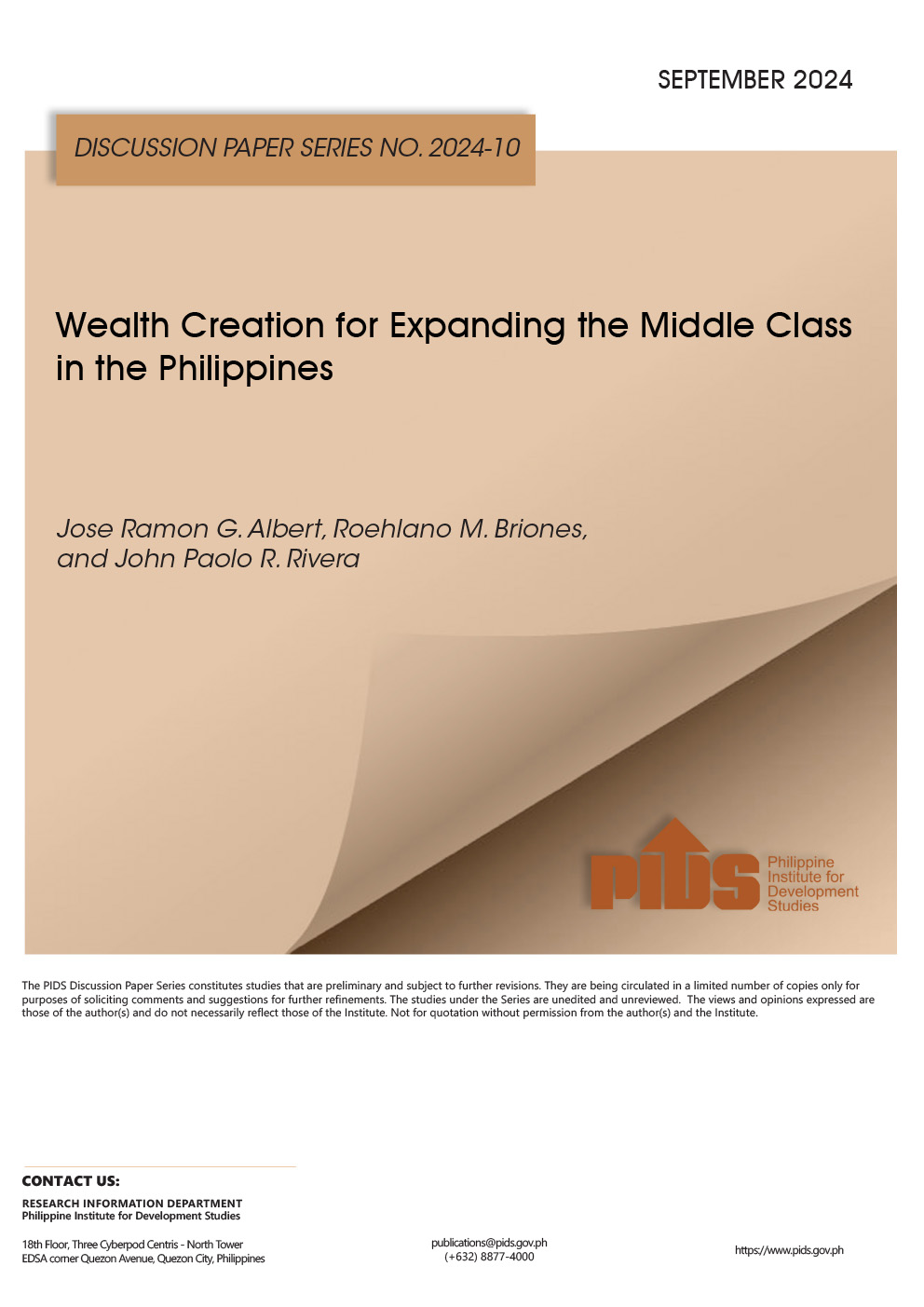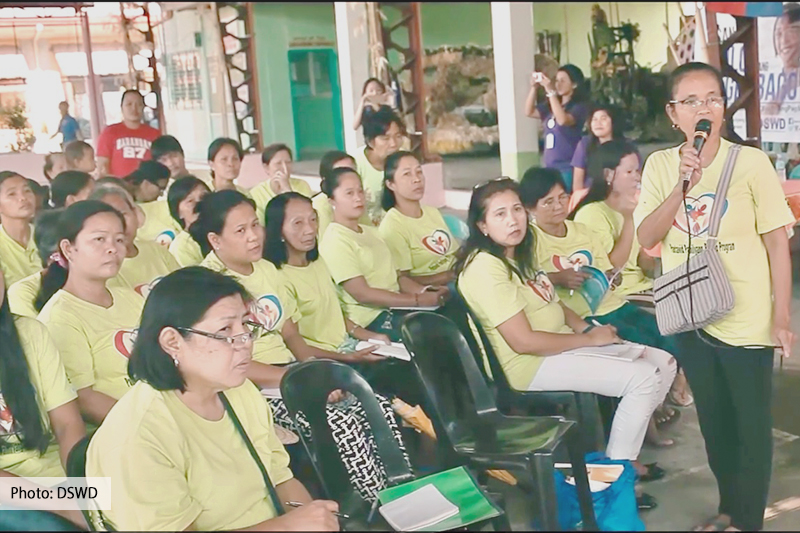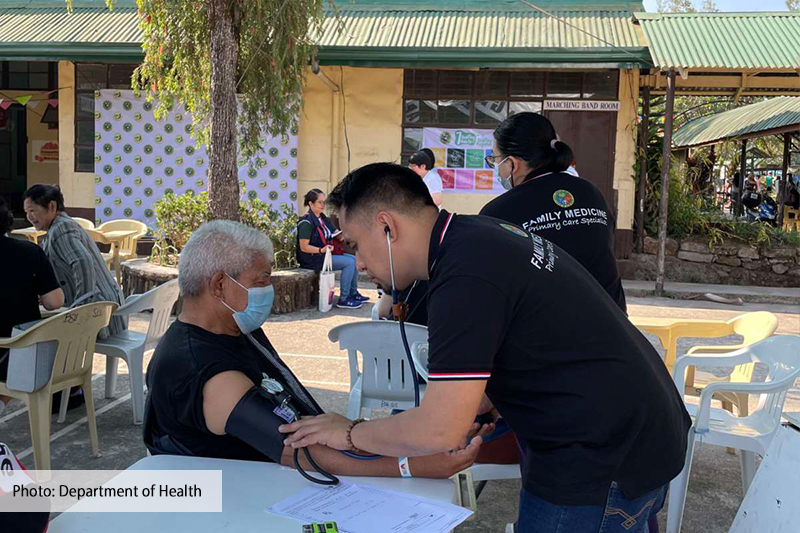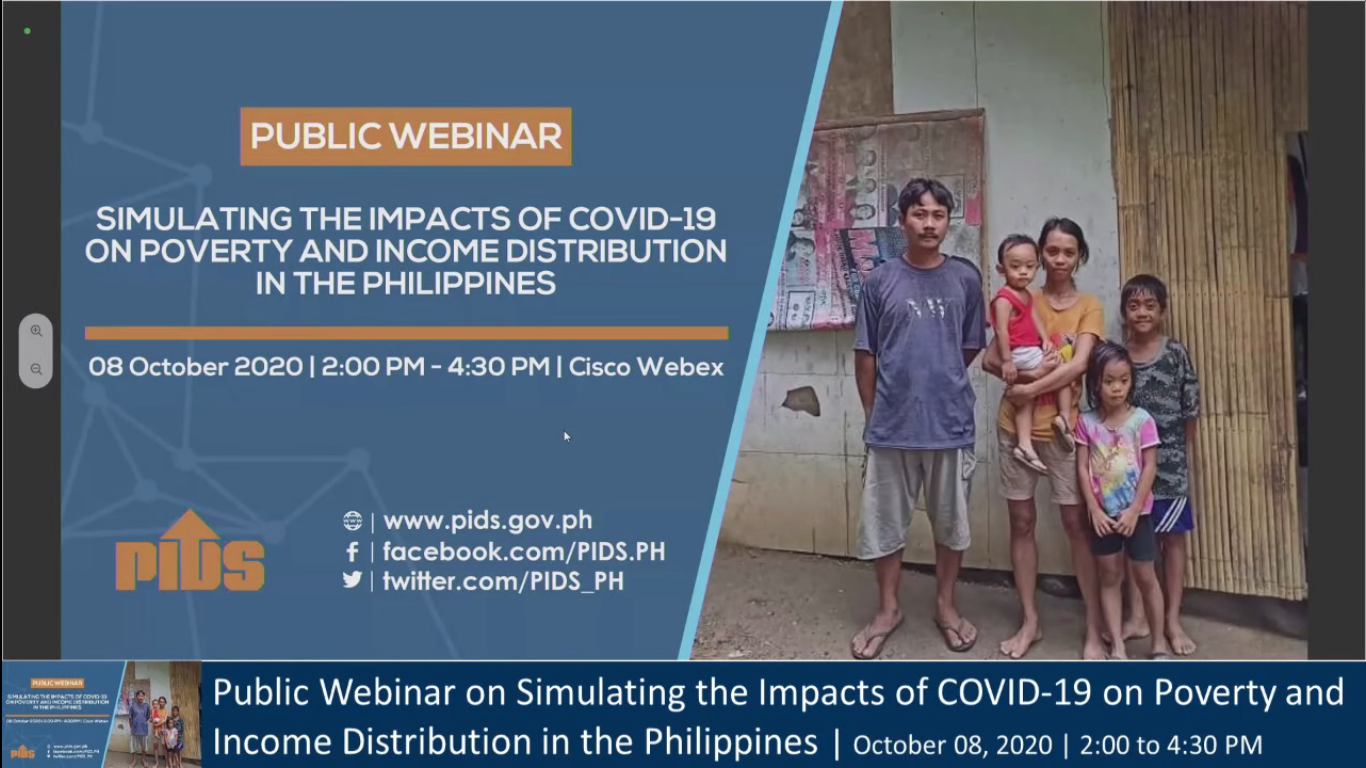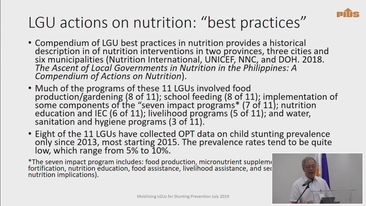President Benigno Aquino III says the success of the Conditional Cash Transfer program in fighting poverty attests to the wisdom of 'Daang Matuwid,' and why this path must be continued by the next leader, hopefully his preferred one
MANILA, Philippines — President Benigno Aquino III on Wednesday, January 13, trumpeted the gains of his administration’s flagship anti-poverty program, saying it has lifted over 7.7 million Filipinos from poverty since he took over in 2010.
Aquino made the announcement at the Conference on Sustaining the Gains of Conditional Cash Transfer (CCT) in the Philippines at the Asian Development Bank.
"The preliminary result of the latest round of assessments conducted by our National Household Targeting System (NHTS), or what we call Listahanan 2, reports that almost 1.55 million CCT families, or over 7.7 million of our countrymen, have been lifted out of poverty," the President said.
The NHTS for Poverty Reduction, led by the Department of Social Welfare and Development (DSWD), provides a government database of poor Filipino households — reference for potential beneficiaries of social protection programs.
Aquino said the data has led the National Economic and Development Authority (NEDA) to forecast a "sustained reduction" in the country’s poverty incidence, in terms of population, to 18% to 20% this year, from 26.3% in 2009.
'Virtuous cycle'
The President said that among his administration’s key innovations in the CCT, which was inherited from the Arroyo administration, is its expansion to include households with children in high school.
He said this is "based on the finding that those who graduate from high school earn 40% more than those who merely attained some elementary education."
Aquino said that the first batch of the 4th year high school student beneficiaries of CCT — numbering 333,673 — graduated in 2015. Of the graduates, over 13,400 finished with honors and various awards.
The President said some have gone to college while others can opt to enroll in courses at the Technical Education and Skills Development Authority (TESDA), which would help them land better jobs.
He also said that 10.18 million children are currently benefiting from CCT, 1.9 million of them in high school.
Aquino said that as more children from poor families attend school with the help of CCT and other reforms in basic education, figures of out-of-school youth are expected to improve.
He cited the May 2015 study of the Philippine Institute for Development Studies and the United Nations Children’s Fund (Unicef) which showed that "despite the increase in our population, the number of out-of-school youth decreased from 2.9 million in 2008 to 1.2 million in 2013."
"Through the CCT and other meaningful interventions, we are spurring a virtuous cycle, where empowered Filipinos in turn become the keys through which their fellowmen are likewise empowered," he said.
The President also cited other government efforts to make the CCT more sustainable — extending support to families not covered by the regular program, such as those in the streets and indigenous peoples.
Addressing critics of the program, who believe it is ineffective and must be scrapped, Aquino reiterated that the intended benefits are not immediate. (READ: What's the real score on poverty?)
"Some quarters have failed to understand the key principle behind the CCT: its effects are generational. All the beneficiaries now covered by the program, and through them society in general, will only be able to reap the full benefits of government’s support long after I return to private life — which has now become a matter of months," he said.
Back to patronage politics?
Towards the end of his speech, Aquino again pitched for the continuation of the CCT program through his preferred successor — whom he did not name.
The President noted that the CCT did not flourish as much under the previous administration as it was marred by patronage politics, a situation that may recur under another leader.
"That person will be confronted with a very simple question, which I myself faced: Will he help his countrymen help themselves? Or will he choose the counterproductive path, adhere to a policy of sustaining our people’s dependence on those in power, and solely take on the burden of determining everyone’s future?" he said.
"Will he reestablish a system of patronage, and allow our resources to diminish, as the mechanisms of government to feed, clothe, shelter, and provide are used to enhance the politics of personality?" Aquino continued.
Aquino said that worse, the next president might even stop CCT which, he added, has shown that "Daang Matuwid is a correct path, with proven results, towards ending the vicious cycle of poverty."
"It is my deepest hope that, coming into the elections, our people have realized that they can demand for more good governance, and I believe that they will choose the right leader — one who has integrity and experience, who will sustain our gains, and who will definitely put country above self," he said.
Aquino is rooting for former interior secretary Manuel "Mar" Roxas II and his running mate, Camarines Sur 3rd District Representative Leni Robredo.
The President had earlier said that beneficiaries of his administration's programs, including CCT, will do most of the "campaigning" for the administration tandem, which is running on the platform of continuity of reforms of the Aquino administration. — Rappler.com

